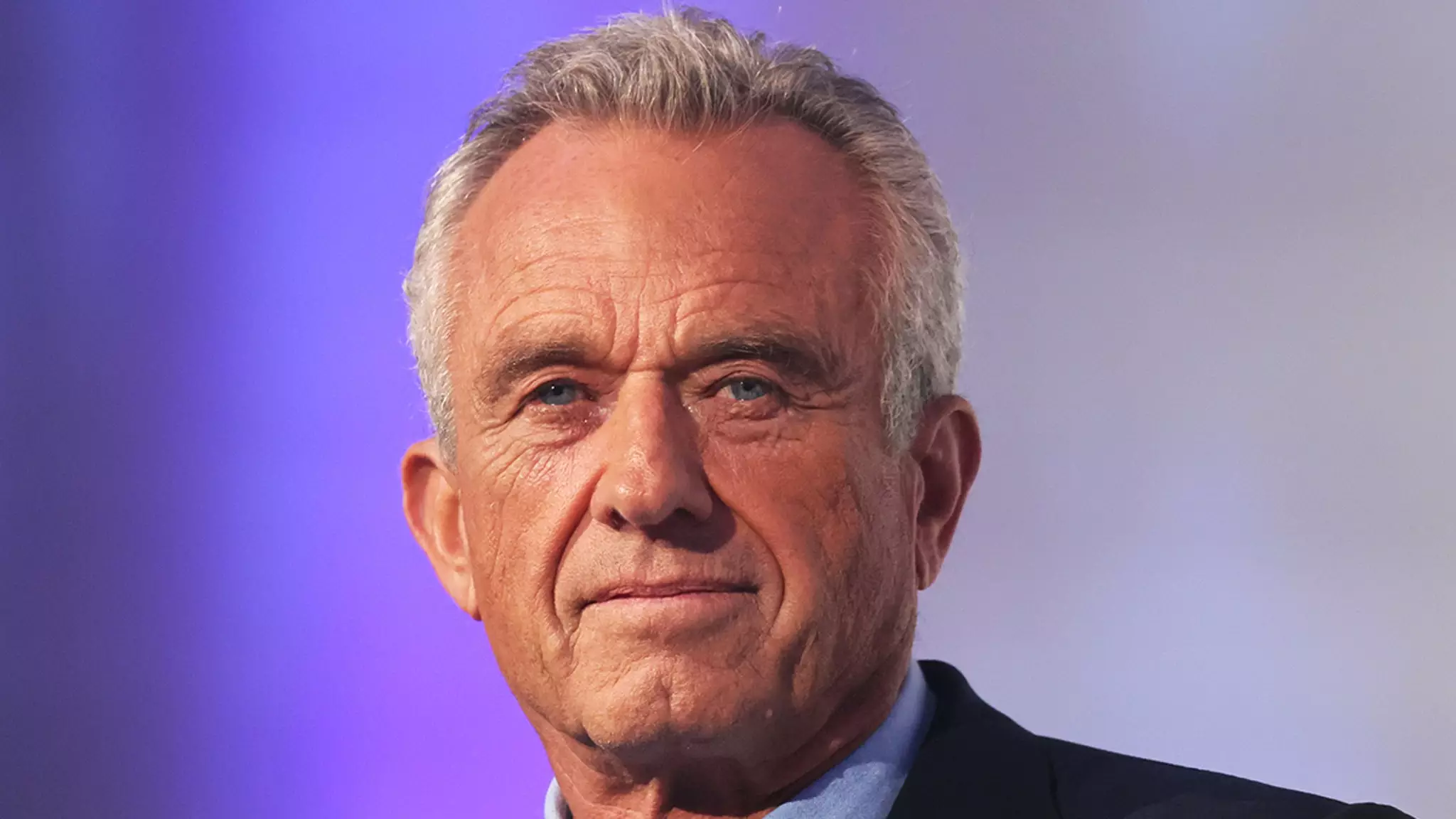As the holiday season approaches, festive gatherings often involve age-old family recipes and cherished traditions. However, Robert F. Kennedy Jr. has shifted the narrative this Thanksgiving with an unconventional cooking demonstration that has sparked both intrigue and concern. His approach to preparing turkey—a method he dubs the “MAHA” way, or “Make America Healthy Again”—involves deep-frying in boiling tallow. This daring culinary choice raises important questions about safety, health, and the underlying philosophies governing food preparation.
In a video shared on social media, Kennedy and his wife, actress Cheryl Hines, showcase a method that involves carefully submerging a turkey into hot, rendered fat. As Kennedy instructs viewers, he emphasizes the need for caution, advising that the turkey should be lowered slowly to avoid splattering hot grease. However, those watching can’t help but notice his decision to forgo footwear entirely. While some might view this as a symbol of fearlessness or an argument for being one with nature, it illuminates a more profound issue: safety should always be prioritized in the kitchen.
This holiday experiment captures not just the essence of cooking but also the risks involved. Deep-frying can be notoriously dangerous, with potential for burns, fires, and kitchen mishaps creating a significant risk. Kennedy’s choice to portray this cooking method barefoot may be seen as an insouciant disregard for safety norms, raising eyebrows and inviting critique from health and culinary experts alike.
The health implications of using tallow versus more traditional fats, such as butter or vegetable oils, remain a matter of intense debate within the nutritional community. While tallow—a rendered form of beef fat—has been touted by some as a healthier alternative, critics argue it may not align with modern dietary guidelines. Advocates claim that, when sourced properly, tallow can offer more nutrients than highly processed options. On the flip side, many health professionals recommend moderation, asserting that fats like butter or olive oil may be better suited for heart health.
As the son of the late Senator Robert F. Kennedy and an outspoken figure on numerous health controversies, RFK Jr. has made a name for himself by challenging conventional wisdom. His position as a potential leader in the Department of Health and Human Services (HHS) would only amplify his reach, potentially altering public perceptions about nutrition and health standards.
Ultimately, Kennedy’s Thanksgiving cooking video serves as a microcosm of broader cultural shifts surrounding food and health. As traditional values compete with emerging trends and ideas about wellness, it illuminates the ongoing tension between innovation and established practices. When cooking becomes a performance—a spectacle rather than a ritual— the stakes rise. This fusion of celebrity culture, health advocacy, and culinary exploration invites continued discourse about the way we view food.
Robert F. Kennedy Jr.’s holiday cooking endeavor is more than just a unique method for preparing turkey; it encapsulates the complex interplay of safety, health ideology, and societal expectations. Whether viewed as a bold experiment or a careless risk, it demonstrates how culinary choices resonate on multiple levels, challenging us to consider the implications of our food practices amidst a backdrop of public health concerns.

